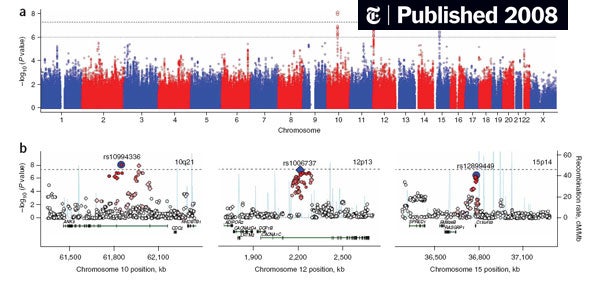Bipolar disorder, characterized by extreme mood swings encompassing episodes of mania and depression, has long intrigued scientists and medical professionals. Research has illuminated two particular gene variants that are pivotal in understanding this complex mental health condition, unveiling the intricate interplay of genetics and environment in its etiology.
The first gene variant identified in relation to bipolar disorder is the ANK3 gene. This gene encodes for a protein that is critical in neuronal function. Studies demonstrate that alterations in this gene can disrupt neural signaling, potentially leading to the manic and depressive episodes associated with bipolar disorder. As a result, those carrying specific mutations of the ANK3 gene may have a heightened susceptibility to the disorder. This discovery underscores the significance of genetic predisposition in the emergence of bipolar disorder, providing a possible biological underpinning for its symptoms.
The second gene variant of interest is the CACNA1C gene. This gene regulates calcium channels in the brain, which are essential for neurotransmitter release and neuronal excitability. Research indicates that variations in CACNA1C are linked to mood disorders, including bipolar disorder. In essence, these variations can lead to an imbalance in neurotransmitter dynamics, particularly those involving serotonin and dopamine, further illustrating how genetic factors can establish a foundation for mood dysregulation.
These gene variants do not operate in isolation. Environmental factors, such as stress, trauma, and lifestyle choices, interact with genetic predispositions to contribute to the onset and progression of bipolar disorder. Consequently, while possessing these gene variants may increase the likelihood of developing bipolar disorder, they do not guarantee its manifestation. This gene-environment interaction emphasizes the disorder’s multifaceted nature, where both biological and psychosocial elements converge.
Understanding these genetic components provides not just a glimpse into the biological mechanisms behind bipolar disorder, but also informs potential therapeutic avenues. Knowledge of specific gene variants could pave the way for personalized treatment strategies, allowing for more targeted interventions that could minimize side effects and enhance efficacy. Genetic testing may one day offer insights into individual susceptibility and treatment responses, advancing the field of psychiatry significantly.
As research continues to evolve, the connection between gene variants and bipolar disorder will likely deepen, revealing further complexities in how mental health disorders manifest. Exploring these genetic links not only broadens the scope of our understanding but also reinforces the importance of integrating genetic research into clinical practices aimed at treating bipolar disorder and improving patient outcomes.
